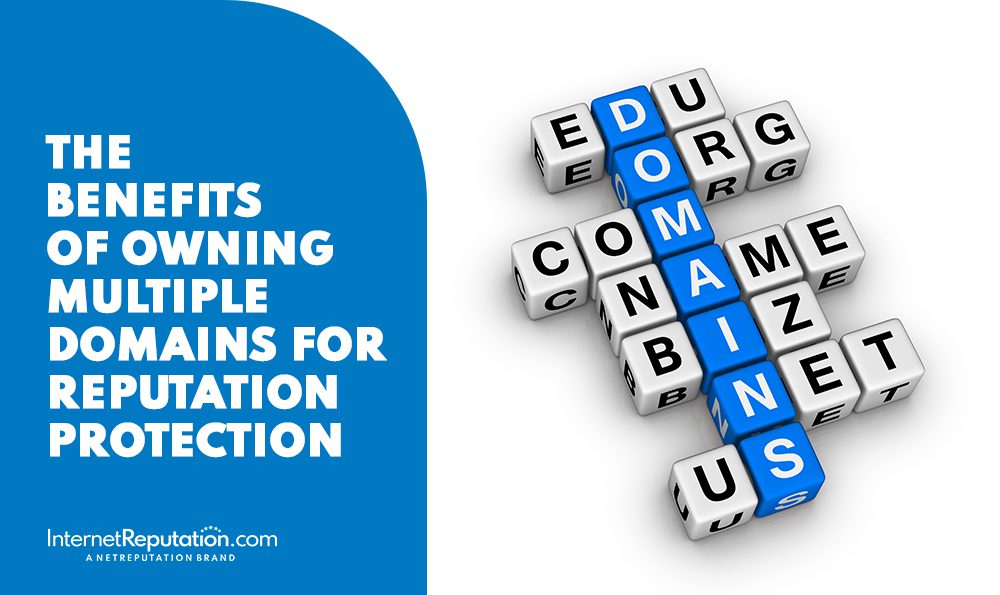Social Listening Tools for Proactive Reputation Management

Social listening, also known as social media monitoring, refers to the process of tracking and analyzing social media channels for mentions of a brand, product, or service. It is a crucial aspect of reputation management, allowing businesses to stay informed about what customers are saying about them on social media and take proactive measures to maintain a positive image.
What Is Social Listening?
Social listening is the process of monitoring and analyzing online conversations surrounding a brand, product, or industry. This involves keeping track of mentions, keywords, and sentiment across various social media platforms. Social listening allows businesses to gain valuable insights into customer opinions, trends, and preferences. This information can help businesses proactively manage their reputation, identify potential issues, and make data-driven decisions.
Why Is Social Listening Important for Reputation Management?
Social listening is crucial in reputation management, allowing businesses to monitor and analyze online conversations to gather valuable insights about their brand reputation. Companies can proactively address issues, identify opportunities, and promptly respond to customer feedback by keeping track of mentions, sentiments, and trends. This practice also helps understand customer expectations, improve products and services, and build stronger customer relationships.
Additionally, social listening enables organizations to monitor competitor activity and industry trends, giving them a competitive edge. Social listening is essential for reputation management as it empowers businesses to safeguard their brand image, enhance customer satisfaction, and drive long-term success.
What Are the Benefits of Using Social Listening Tools?
Maintaining a positive reputation is crucial for businesses in today’s digital age. With the power of social media and online reviews, a single negative comment can quickly harm a company’s image. This is where social listening tools come into play. These tools allow businesses to actively monitor social media platforms for mentions, reviews, and conversations related to their brand. In this section, we will explore the various benefits of using social listening tools, including real-time monitoring, comprehensive data collection, competitor analysis, sentiment analysis, and influencer identification.
Real-time Monitoring
Real-time monitoring is an essential aspect of social listening for proactive reputation management. It enables businesses to stay updated with online conversations and respond promptly. Here are the necessary steps involved in real-time monitoring:
- Set up alerts and notifications: Utilize social listening tools like Hootsuite or Mention to receive real-time alerts whenever your brand is mentioned online.
- Monitor social media platforms: Continuously track platforms such as Twitter, Facebook, and Instagram to identify any mentions of your brand.
- Monitor review websites: Watch popular review platforms like Yelp or TripAdvisor for customer feedback or opinions about your brand.
- Track hashtags and keywords: Monitor relevant hashtags and keywords related to your industry or brand to stay on top of industry trends and customer conversations.
- Engage with your audience: Respond to mentions and engage with your audience promptly to address any concerns or issues and build a positive brand reputation.
Comprehensive Data Collection
Comprehensive data collection is a crucial aspect of social listening for reputation management. Here are the steps to ensure a thorough data collection process:
- Identify relevant social media platforms and online channels.
- Set up keyword tracking to capture brand mentions, industry trends, and customer opinions.
- Analyze data for sentiment, engagement levels, and emerging patterns.
- Monitor competitor activities to gain insights and identify opportunities.
- Track influencer conversations to leverage collaborations and brand advocacy.
Competitor Analysis
Competitor analysis is a crucial aspect of social listening for reputation management. It helps businesses understand their competitors’ strategies, strengths, and weaknesses to gain a competitive edge.
Sentiment Analysis
Sentiment analysis is a crucial aspect of social listening that allows businesses to gauge public opinion and perception of their brand. Here is a step-by-step approach to conducting sentiment analysis:
- Collect relevant data: Gather social media posts, reviews, and comments related to your brand.
- Analyze sentiment: Utilize sentiment analysis tools to automatically classify the sentiment of each piece of data as positive, negative, or neutral.
- Identify trends: Look for patterns in sentiment analysis results to identify common themes or sentiments among your audience.
- Measure sentiment intensity: Determine the strength of the sentiment expressed in each piece of data, allowing you to understand the level of positivity or negativity.
- Take action: Use the insights gained from sentiment analysis to inform your reputation management strategy, addressing negative sentiment and amplifying positive sentiment.
Influencer Identification
In influencer identification, social listening tools are essential in identifying individuals who significantly influence your brand’s reputation. Here are the necessary steps for effective influencer identification:
- Clearly define your target audience and objectives.
- Utilize social listening tools to monitor conversations and pinpoint potential influencers.
- Analyze their reach, engagement, and relevance to your brand.
- Evaluate their authenticity, expertise, and alignment with your brand values.
- Engage with the influencers by building relationships and forming partnerships.
With these tools, you’ll know the good, the bad, and the ugly about your online reputation.
What Are the Top Social Listening Tools Available?
In today’s digital age, monitoring and managing your online reputation is crucial for any business or individual. Social listening tools have become essential to proactive reputation management, allowing you to track and analyze online conversations about your brand or name.
Hootsuite
Hootsuite, a renowned social media management tool, simplifies social listening with several features. To leverage it effectively, one should create an account, link social media profiles, and set up streams to track relevant keywords, hashtags, and brand mentions. The platform’s sentiment analysis helps assess public perception of your brand. Engaging with audiences and analyzing Hootsuite’s data helps identify trends and customer preferences, which is crucial for reputation management and informed decision-making. Regularly updating your social listening strategy is key to enhancing your brand’s online presence.
Brandwatch
Brandwatch is a leading social listening tool that provides valuable insights for reputation management. It offers real-time monitoring of online conversations, allowing businesses to stay updated on customer opinions and industry trends. With its comprehensive data collection capabilities, Brandwatch helps identify and analyze competitor strategies. Its sentiment analysis feature accurately detects the tone behind mentions, enabling brands to gauge public perception.
Additionally, Brandwatch assists in identifying influencers, making it easier for businesses to collaborate with key industry figures. To proactively manage reputation, Brandwatch helps improve the brand by identifying opportunities and tracking crises. Consider utilizing Brandwatch to gain a competitive edge in reputation management.
Mention
Mention is an effective social listening tool for businesses to track and analyze their brand’s online presence. To utilize it, create an account and set up alerts for your brand, products, and industry terms. It enables monitoring of real-time mentions across social media, blogs, news sites, and forums. Analyze sentiment to understand customer perception and identify any reputation issues. Engaging with customers, addressing their concerns, and acknowledging positive feedback are essential. Also, monitoring competitors can provide valuable market insights. For instance, a global fashion brand used Mention to detect a negative trend about a product. Swiftly addressing customer feedback and improving the product enhanced customer satisfaction and bolstered their reputation.
Talkwalker
Talkwalker is a powerful social listening tool that offers a wide range of features for reputation management. With Talkwalker, users can monitor online conversations in real time, collect comprehensive data, analyze sentiment, and identify key influencers. As one of the top social listening tools available, Talkwalker provides valuable insights for proactive reputation management. It allows businesses to identify and address negative mentions promptly, engage with customers and influencers, monitor brand perception and reputation trends, track and respond to crises, and identify opportunities for brand improvement.
Sprout Social
Sprout Social is a highly recommended social listening tool that offers a variety of features for proactive reputation management. Its user-friendly interface allows businesses to easily monitor and analyze social media conversations in real-time. The platform also collects comprehensive data, allowing users to track brand mentions, sentiment analysis, and competitor analysis.
Additionally, Sprout Social can help identify influential individuals who can positively impact brand reputation. By utilizing this tool, businesses can actively address negative mentions, engage with customers and influencers, monitor brand perception and reputation trends, and effectively respond to crises.
How Can Social Listening Tools Be Used for Proactive Reputation Management?
Maintaining a positive reputation is crucial for any business in today’s digital age. Social listening tools have become essential for proactive reputation management, allowing companies to monitor and address potential issues before they escalate.
- Identifying and Addressing Negative Mentions
- Engaging with Customers and Influencers
- Monitoring Brand Perception and Reputation Trends
- Tracking and Responding to Crisis Situations
- Identifying Opportunities for Brand Improvement



